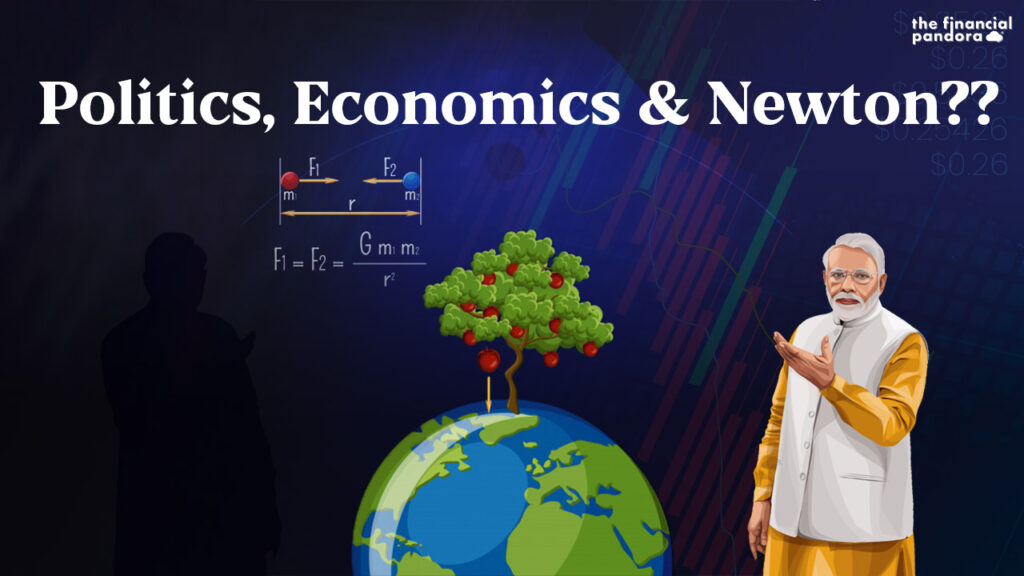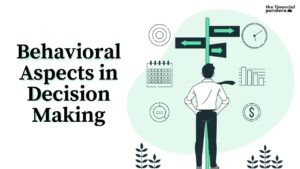The visible hand of politics has controlled the invisible hand of the markets for centuries now.Instead of pursuing timeless laws and models, we try to study events in their time-bound context.
The process of change itself needs to be studied. The failure of Economic theory has garnered widespread recognition, both among economists and the general public.
A closer look reinforces that the failure is more profound than generally recognized. It goes back to the very foundations of economic theory.
Economists tried to imbibe and imitate Newton’s physics in economics. They did so to establish universally and timelessly valid laws governing reality, but economics is a social science and there is a fundamental difference between natural and social sciences.
Social phenomena have thinking participants who base their decisions on imperfect knowledge. That is what economics has tried to ignore.
Natural phenomena consists of facts that occur independently of what anybody says.
Social sciences by contrast, have thinking participants who have a will of their own.
People base their decisions, not on knowledge, but on an inherent bias and to a lesser extent, distorted interpretation of reality.
Economics, which became the most influential of the social sciences sought to remove this handicap by taking an axiomatic approach, similar to Euclid’s geometry, but Euclid’s axioms closely resembled reality.
On the one hand, people seek to understand the situation. That’s the cognitive function and the other, they try to make an impact. I call the latter the causative or manipulative function.
The two functions connect the thinking agents and the situations in which they participate in opposite directions.
In the cognitive function, the situation is supposed to determine the participants’ views.
In the causative function, the participant views are supposed to determine the outcome.
When both functions work at the same time, they interfere with each other. The two functions form a circular relationship, or feedback loop.
I call that reflexivity. In a reflective situation, participants’ views can’t correspond to reality because reality is not something independently given.
It’s contingent on the participant’s views and decisions. The decisions in turn, can’t be based on knowledge alone. They must contain some element of bias or guess work about the future because the future is contingent on the participants’ decisions.
The future can’t be known until it has actually occurred. The idea that laws or models of universal validity can predict the future has to be abandoned.
Welcome to our Newsletter on Economics, here we talk about ground breaking ideas and developments in the land of Adam Smith, Alfred Marshall, JM Keynes, George Soros, Robert Shiller and other Economists. We aim to please which is why our newsletters are written in the laymen’s language.
Stay tuned for our next newsletter –Modern Monetary Theory: The liberal Economics – Cop or drop?
Follow Us @




